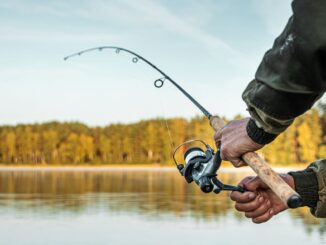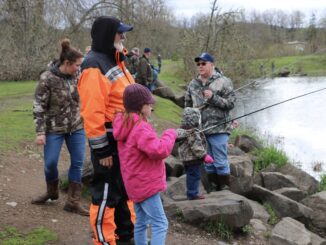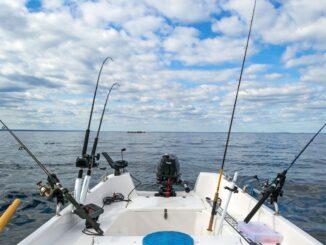
Fishing is a relaxing, rewarding, and often exhilarating activity that connects us with nature. But like any outdoor activity, it comes with its share of potential risks.
To give you a better idea of what could go wrong, we’ll explore five tips for staying safe while fishing, helping ensure your next trip is as safe as it is enjoyable.
1. Capsized Boat
A capsized boat is one of the most serious risks anglers can face while out on the water. Whether caused by rough waves, overloading, or sudden shifts in weight, capsizing can happen unexpectedly and requires immediate action.
To prepare for such incidents, always wear a properly fitted life jacket and ensure your gear is stowed securely to minimize hazards. Additionally, familiarize yourself with self-rescue techniques and keep communication devices within reach to call for help if needed.
2. Foul Weather
Foul weather can pose serious challenges when venturing out on the water. Sudden storms, strong winds, and rough seas can quickly escalate into dangerous situations, making it essential to monitor weather forecasts before setting out.
Always carry appropriate foul-weather gear, such as waterproof clothing and dry bags, to protect yourself and your equipment. Be prepared to adjust your plans or seek shelter if conditions deteriorate, as poor visibility and high waves can greatly increase the risk of accidents.
3. Dead Battery
A dead battery can quickly turn any trip into a frustrating experience, especially if you’re far from help. To avoid such situations, it’s important to regularly check your battery’s condition and ensure it’s fully charged before departing.
If you’re asking, “Can you recharge a dead marine battery?” The answer is yes. Carrying a portable jump starter or jumper cables is a smart precaution, as they can provide a quick solution in emergencies.
4. Collisions With Other Vessels
Collisions with other vessels can pose significant risks while navigating waterways. To minimize the chances of such incidents, always maintain a proper lookout and adhere to navigation rules specific to the region.
Understanding right-of-way guidelines and using clear communication signals can help prevent misunderstandings with other operators. Additionally, equipping your vessel with proper navigation lights and ensuring they’re visible during low-light conditions is essential.
5. Getting Lost
Getting lost can be an intimidating experience, but staying calm and prepared is crucial to getting back on course as quickly and safely as possible. Always carry a map, compass, or GPS device, and familiarize yourself with the area you’re exploring beforehand.
If you find yourself disoriented, take a moment to assess your surroundings and retrace your steps if possible. Marking locations with natural indicators or using a trail of visible markers can help you keep track of your path.
Where Preparation Meets Safety
An ideal fishing trip is safe, enjoyable, and memorable for all the right reasons. By exploring what could go wrong and reviewing these five tips for staying safe while fishing, you can can dramatically reduce risks and increase your chances of a successful outing.



